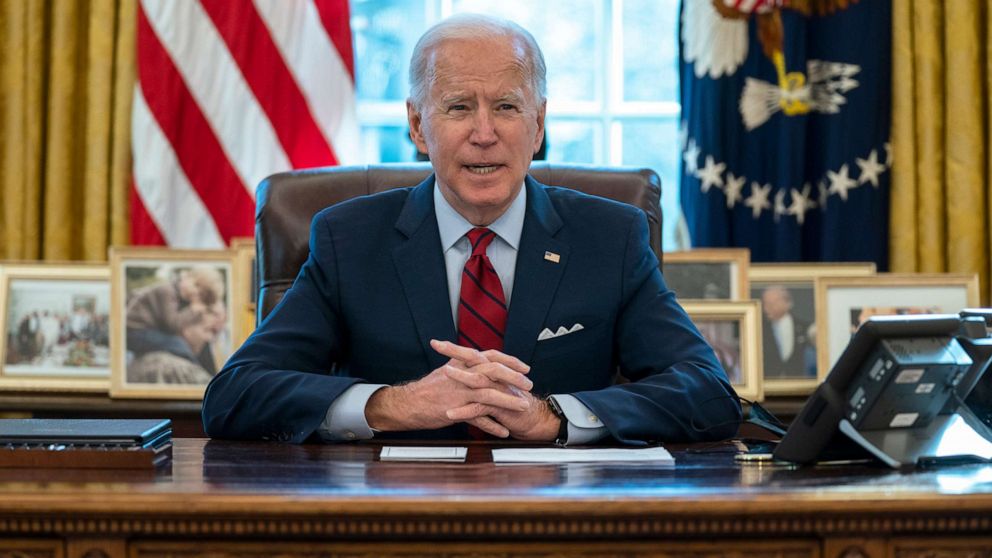New immigration bill revives citizenship debate, puts pressure on Biden to deliver
Immigrant communities and their advocates are celebrating a change in tone at the White House and a new plan to resolve the legal status of the nation's 11 million undocumented immigrants.
"I am excited to hear this new president with his proposal of immigration reform, including us, the field agricultural workers," said Rafaela, a migrant worker who has spent the last decade harvesting apples, cherries and nectarines in the fields of Washington state.
"Finally, we won't be afraid anymore," she said, withholding her last name to protect her identity.
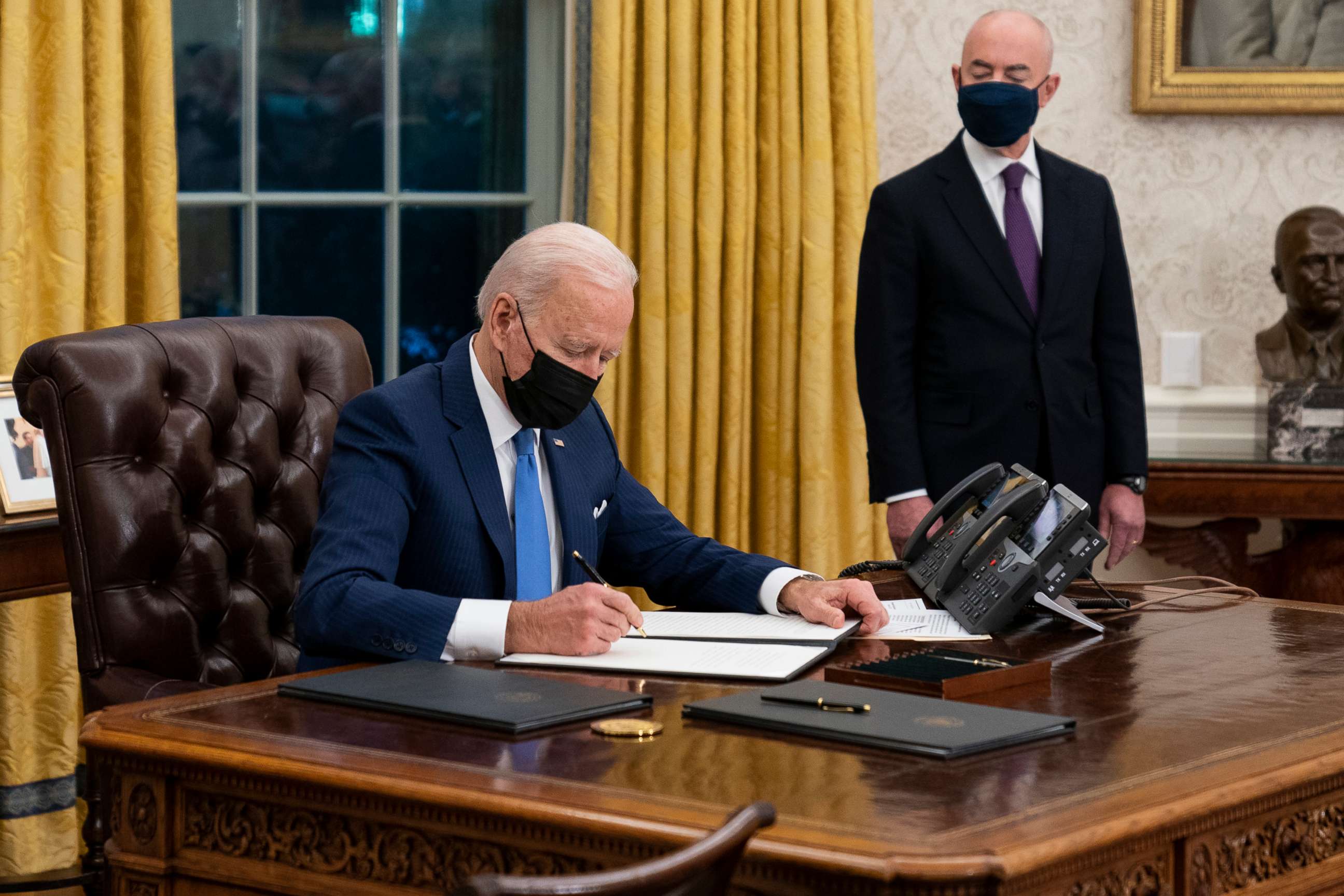
After four years of President Donald Trump's hardline immigration crackdown, legalization of millions living in the shadows of American society is getting fresh consideration thanks to President Joe Biden, who sent a proposal to Congress on his first day and immediately lifted the threat of mass deportations.
"I feel relief," said Rosibel Flores Arbaiza, a naturalized American citizen and leader in the large Salvadoran immigrant community in the nation's capital. "Right now we are, like I say, stand(ing) by, because we don't know what's going to happen, but our hope is in the new administration, because that's what we are looking for -- change."

The U.S. Citizenship Act of 2021 would create an eight-year pathway to citizenship for non-citizen residents, a sweeping immigration overhaul not seen in more than 35 years.
The measure would require undocumented residents to pass criminal background checks, pay taxes and wait five years just to apply for a Green Card, or legal permanent residency.
If they pass additional security checks, learn English and American civics, then qualified immigrants could apply to become citizens three years later, according to the draft legislation.
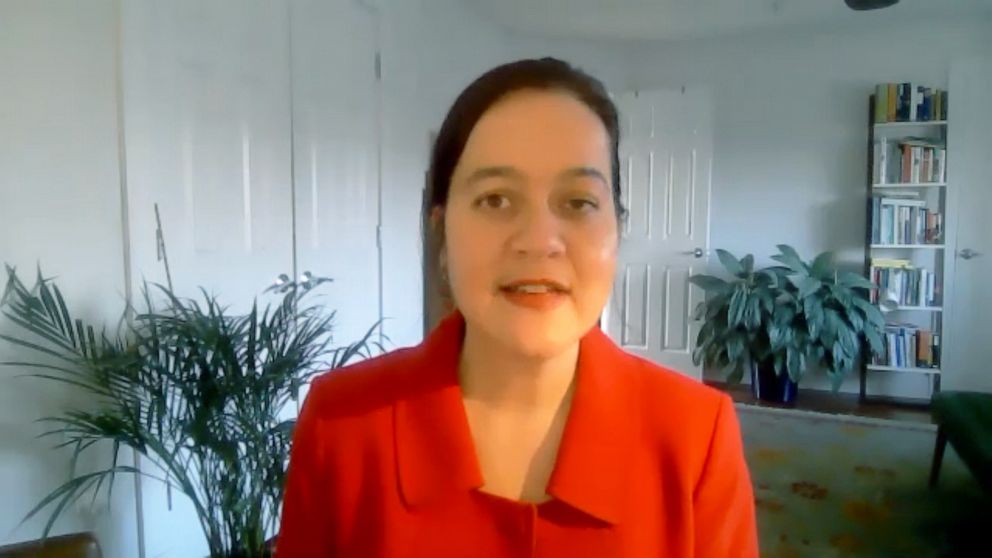
"The proposal is visionary," said Marielena Hincapie, executive director of the National Immigration Law Center, a nonpartisan immigrant advocacy group.
"The bill that they're sending to Congress replaces the word 'alien' with 'noncitizen,'" she added. "That alone is not symbolic, that is actually transformative."
Some immigrants would be fast-tracked under the Biden proposal, including hundreds of thousands of farm workers, recipients of Temporary Protective Status, or TPS, and so-called Dreamers, young undocumented immigrants who came to the U.S. illegally as children.
"I came to the U.S. at a young age with my mom and my dad. They were Southern Baptist preachers in Dallas, Texas, and I've been in the American justice movement since I was a senior in high school," said Greisa Martinez Rosas, a DACA recipient and executive director of United We Dream, a grassroots movement of Dreamers. "I think that this is actually long overdue."
There are more than a million Dreamers in the U.S. with more than 600,000 enrolled in DACA, or Deferred Action for Childhood Arrivals, the program created by President Barack Obama to temporarily shield the immigrants from deportation and provide them short-term work permits.
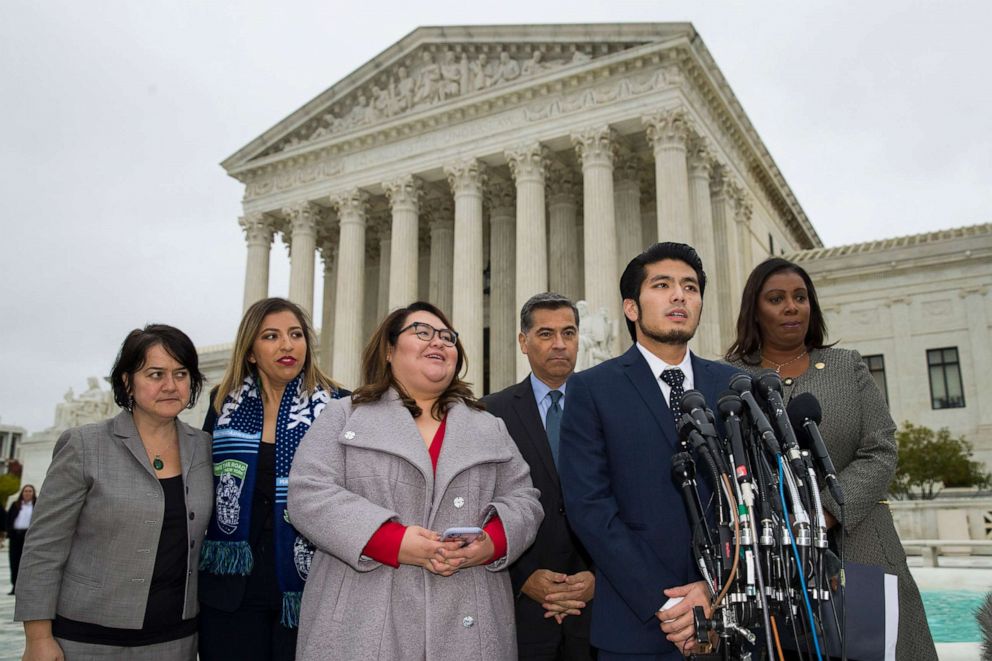
The Dreamers have long received bipartisan support for permanent legal status, but making it permanent is something Congress has been unable to do.
"This is not a political game for us. This is about our lives," Rosas told ABC News Live. "What is clear from the Obama years, what is even more clear from the Trump years is that the country and the government cannot lead with detention and deportation. There is a mandate and an opportunity for the Biden administration to deliver a visionary future where all of us are able to belong."
The window of opportunity for legislative action is narrow, with Democrats holding the slimmest majority in Congress in decades and the midterm election less than two years away. Many Republicans are already trying to kill the Biden immigration bill in its tracks.
"At a time when 10 million Americans are still out of work, or struggling to get the hours they need, Joe Biden through his legislation wants to give amnesty to 15 million illegal immigrants," Sen. Tom Cotton, R-Ark., told Fox News this week.
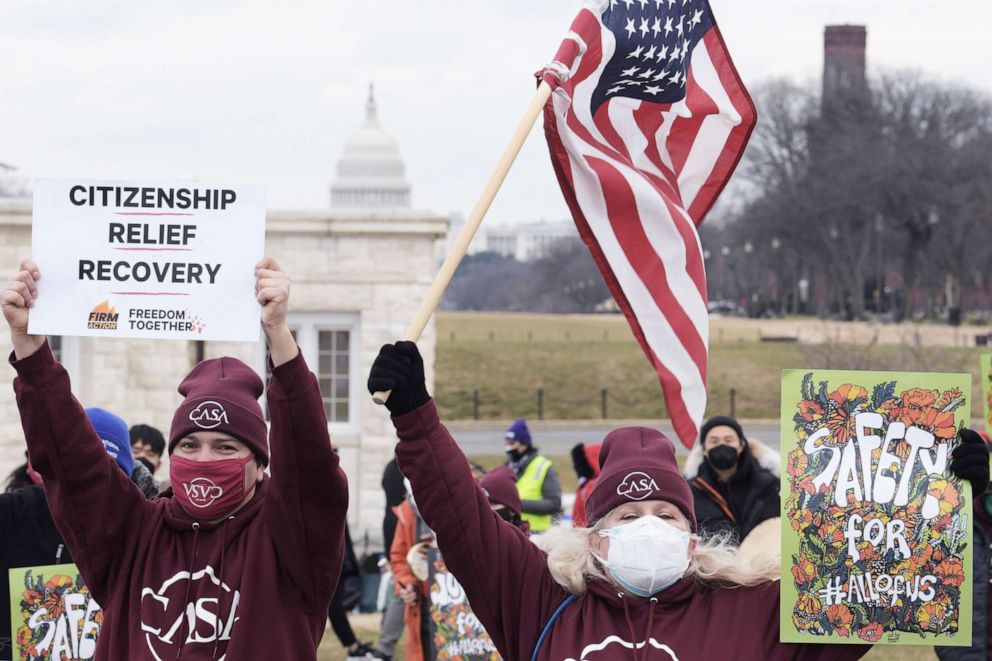
Former Trump Customs and Border Protection Commissioner Mark Morgan warned last month that mass legalization would only encourage illegal immigration in the years ahead.
"We've seen it again and again in history, that if you reward the behavior of those coming across illegally, it's going to keep happening," he told ABC News Live in December.
A Fox News survey of voters in the 2020 election found 71% believe most undocumented immigrants should be offered a chance to apply for legal status; 29% said they should be deported.
Most economists agree that mass deportation would be a blow to the economy, but the full impact of mass legalization is less clear. Many immigrants working in the U.S. are doing jobs that other Americans won't do. Thousands are essential workers; many are on the front lines fighting COVID-19.
"In the D.C. area, 20% of all construction workers are TPS recipients," said Abel Nunez, executive director of the Central American Resource Center, a nonprofit advocacy group in Washington. "They have been loyal employees that are a key to their success. They have been sort of in this temporary status now for close to 20 years. I think they've paid their dues."
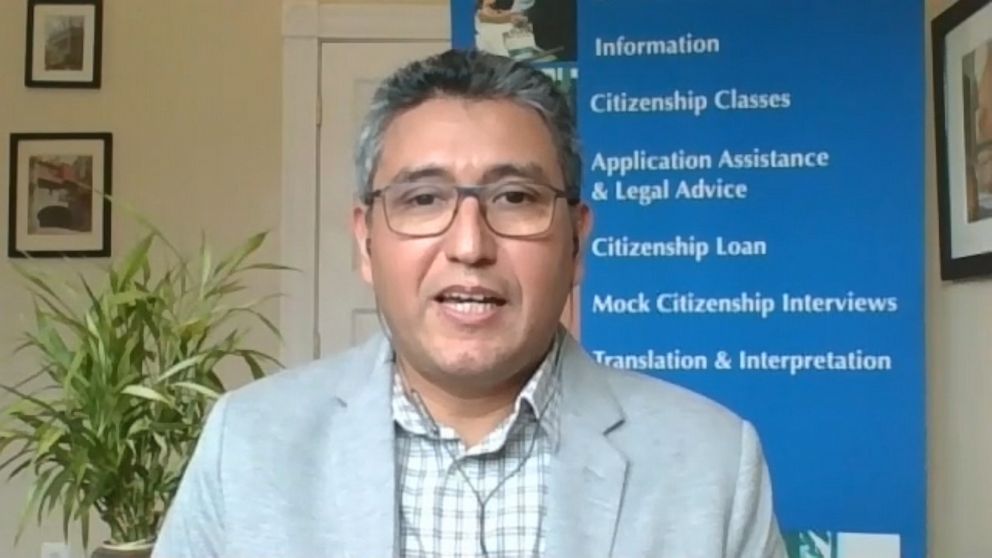
The nonpartisan Congressional Budget Office said in a January 2020 analysis that legalizing more noncitizens would "expand the economy and boost tax revenue."
A 2018 study by the CATO Institute of countries that had legalized large numbers of undocumented workers, concluded the move could increase costs for some employers and in turn mean fewer jobs overall.
Still, more than 130 major American faith groups and businesses, including Apple, Walmart and Verizon, have thrown their support behind a legalization plan.
"They've been good people. Why (do) they have to go back if they have four, five, six, seven, eight, nine, 10 -- I know they had 20 some of them years living here, living with this fear," said Arbaiza, who is also a small business owner in the nation's capital. "I think that for me the better way is, you know, to let them (stay) here."

Ten years ago, Obama's major push for immigration reform and a path to citizenship for millions of undocumented immigrants failed to pass in Congress. He was criticized for not fighting hard enough for and leaving office without a deal.
"Trying hard -- it's not enough," said Teresa Romero, president of the United Farm Workers, the first woman to lead the nation's first and largest agricultural union. "You know, we had been out there saying all or nothing, and we usually end up with nothing."
She said Biden now faces enormous pressure to deliver -- even if it's only piecemeal progress.
"We need to show our community that we are moving forward. That it's not going to be like what happened in 2013," Romero told ABC News. "I do believe he's going to fight for it."

Some advocates see a symbol of Biden's commitment front and center in the Oval Office, where behind the Resolute Desk sits prominently a bronze bust of civil rights leader and farm workers organizer Cesar Chavez.
"Having him there representing the immigrant community, the Hispanic community is just amazing," Romero said.
Meanwhile, millions of immigrant families like Arbaiza's are watching Biden closely from afar, hopeful he will keep his campaign promises for reform.
"After all these four years, you know, you have to have something in your mind to be different," she said. "I pray God every night not to be wrong to see changes. And I think he will do."
